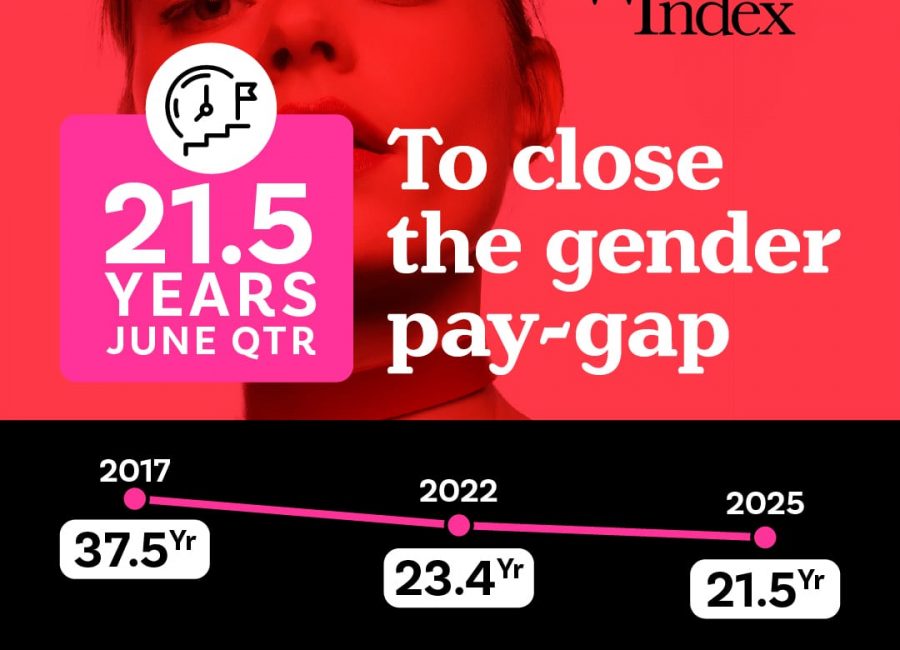Too many business leaders are still just ticking the box on diversity, equity and inclusion.
In this Financy interview, Lauren Ryder the CEO of Leading Edge Global, who is at the forefront of driving this transformation through comprehensive change programs, shares insights into some of the common mistakes made by business leaders and how to get things right.
“I think so many people approach diversity, equity and inclusion (DEI) as if it’s a box ticking exercise,” she says.
“For instance many big companies make employees do online training, where they learn about diversity and click on some boxes and off they go. But that’s not how you change behavior.
“It’s about not only learning about DEI practicies but it’s also doing and practicing those things and including spending a lot of time on self reflection, particularly for leaders,” says Ryder.
Another critical component of Ryder’s approach is the emphasis on leadership driving change. “It all starts with leadership driving change programs.
“The leaders in the room need to get aligned. They have to champion change and actively participate in driving it. Setting tones around inclusivity, opening the dialogue, and showing empathy—these behaviors must be driven from the top.”
Addressing hiring practices is another area where Ryder sees significant potential for reducing bias. “How do we take the bias out of hiring? There are lots of ideas around that, like taking names and addresses off of CVs to reduce bias.”
Ryder also stresses the importance of inclusive programs that support everyone in the organization. “It’s crucial to support everybody in the organization, not just underrepresented groups. Explain to them why it’s an issue for everyone. It’s about unconscious bias, emotional intelligence, empathy, and practical application.”
Despite the evident benefits of DEI initiatives, Ryder acknowledges the pushback, particularly in terms of budget and prioritization. “The pushback is saying, ‘Is this worth it? Do we have the budget?’ But they know they need to do it because of their ESG targets. The challenge is integrating it into the core culture.”
One of the key challenges in advancing DEI in workplaces is the measurement and accountability aspect. Ryder emphasizes the importance of this step: “You’ve got to measure, figure out where you’re up to, and then figure out where your gaps are.”
This sentiment resonates with the broader need for businesses to not only implement DEI policies but also to track their effectiveness and make data-driven adjustments. Ryder’s approach aligns with the ethos of platforms like IMPACTER, which aim to provide the necessary tools for businesses to measure and track their DEI efforts.
Looking ahead, Ryder is optimistic about the future of DEI in businesses. “I think the initiatives will be more focused and aligned with organisational culture. Programs will be directly integrated into teams, empowering employees and providing clear metrics to track progress.”
Financy covers gender finance, diversity, inclusion and ESG issues. We advocate for gender equity change through the Women’s Index report and help businesses take action on DEI through tech solutions like IMPACTER.













